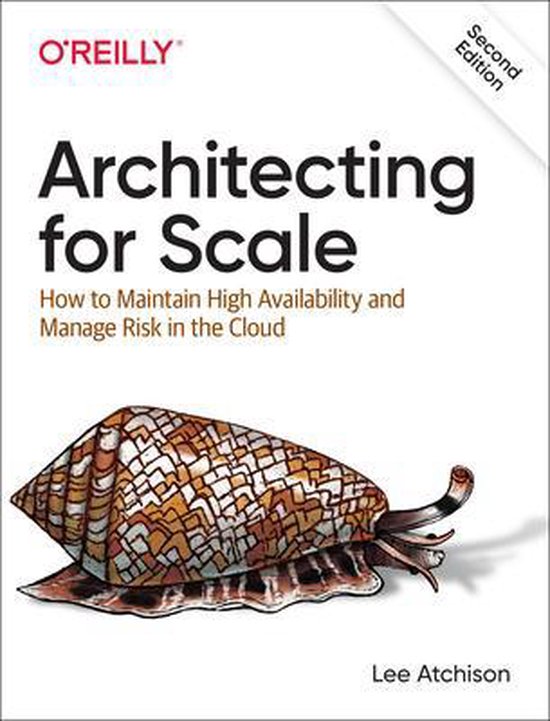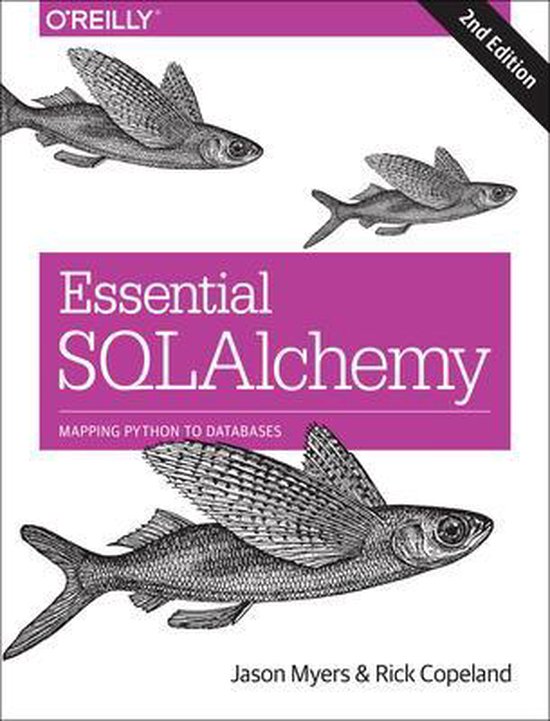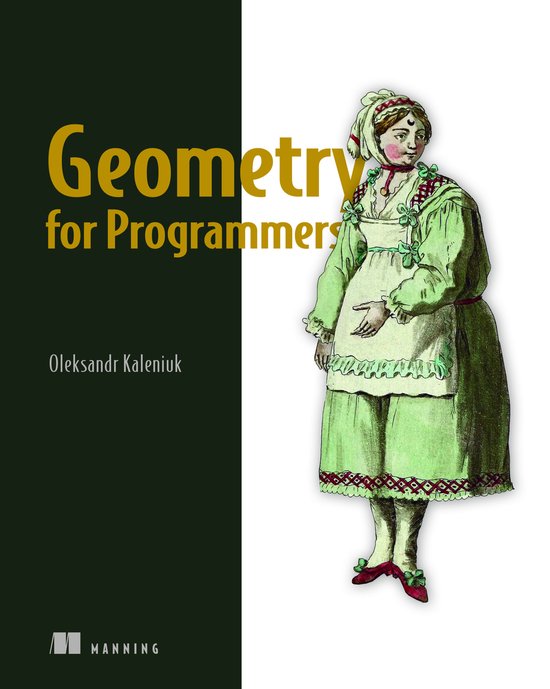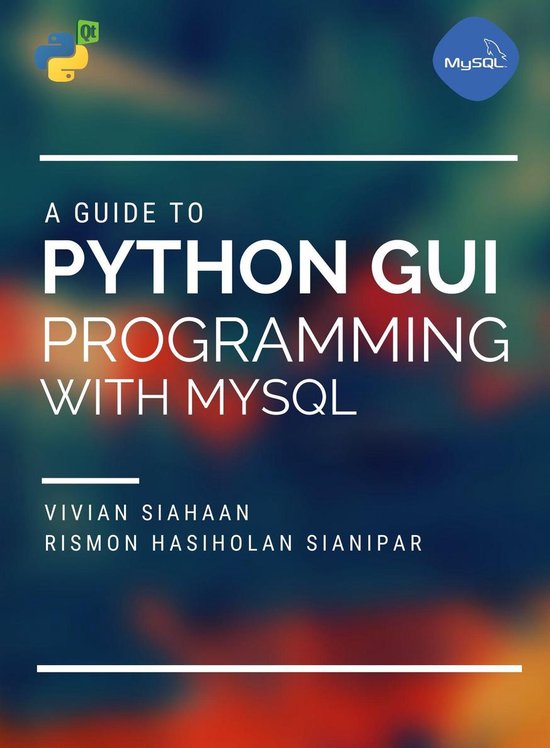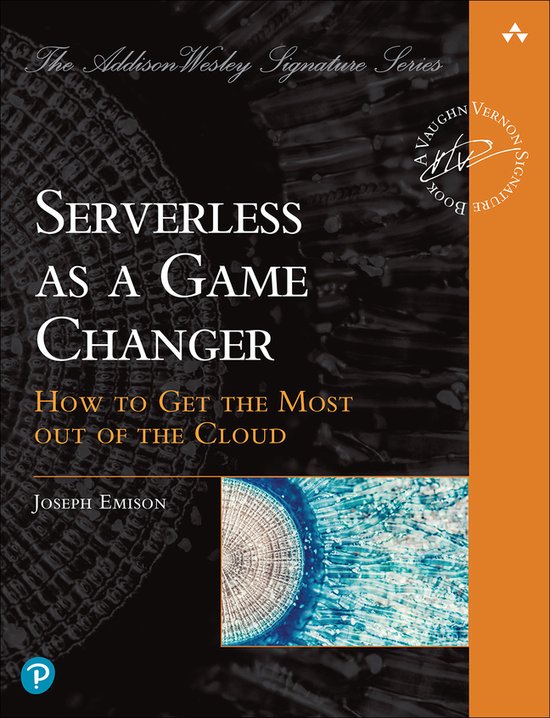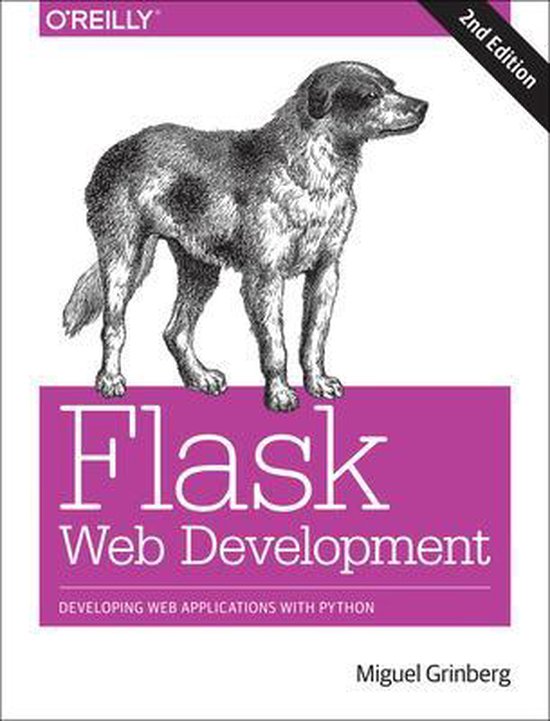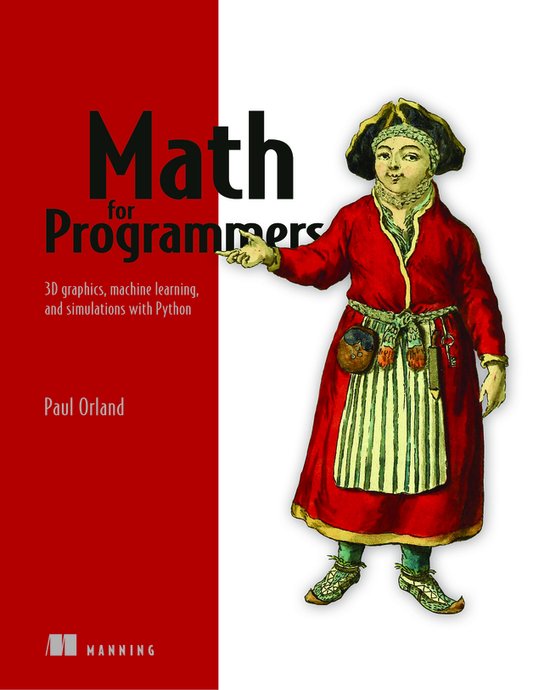
Math for Programmers
Skip the mathematical jargon: This one-of-a-kind book uses Python to teach the math you need to build games, simulations, 3D graphics, and machine learning algorithms. Discover how algebra and calculus come alive when you see them in code!
In Math for Programmers you'll explore important mathematical concepts through hands-on coding. Filled with graphics and more than 200 exercises and mini-projects, this book unlocks the door to interesting–and lucrative!–careers in some of today's hottest fields. As you tackle the basics of linear algebra, calculus, and machine learning, you'll master the key Python libraries used to turn them into real-world software applications.
To score a job in data science, machine learning, computer graphics, and cryptography, you need to bring strong math skills to the party. Math for Programmers teaches the math you need for these hot careers, concentrating on what you need to know as a developer.
Filled with lots of helpful graphics and more than 200 exercises and mini-projects, this book unlocks the door to interesting–and lucrative!–careers in some of today’s hottest programming fields.
Key Features
· 2D and 3D vector math
· Matrices and linear transformations
· Core concepts from linear algebra
· Calculus with one or more variables
· Algorithms for regression, classification, and clustering
· Interesting real-world examples
Written for programmers with solid algebra skills (even if they need some dusting off). No formal coursework in linear algebra or calculus is required.
About the technology
Most businesses realize they need to apply data science and effective machine learning to gain and maintain a competitive edge. To build these applications, they need developers comfortable writing code and using tools steeped in statistics, linear algebra, and calculus. Math also plays an integral role in other modern applications like game development, computer graphics and animation, image and signal processing, pricing engines, and stock market analysis.
Paul Orland is CEO of Tachyus, a Silicon Valley startup building predictive analytics software to optimize energy production in the oil and gas industry. As founding CTO, he led the engineering team to productize hybrid machine learning and physics models, distributed optimization algorithms, and custom web-based data visualizations. He has a B.S. in mathematics from Yale University and a M.S. in physics from the University of Washington.
| Auteur | | Paul Orland |
| Taal | | Engels |
| Type | | Paperback |
| Categorie | | Computers & Informatica |
